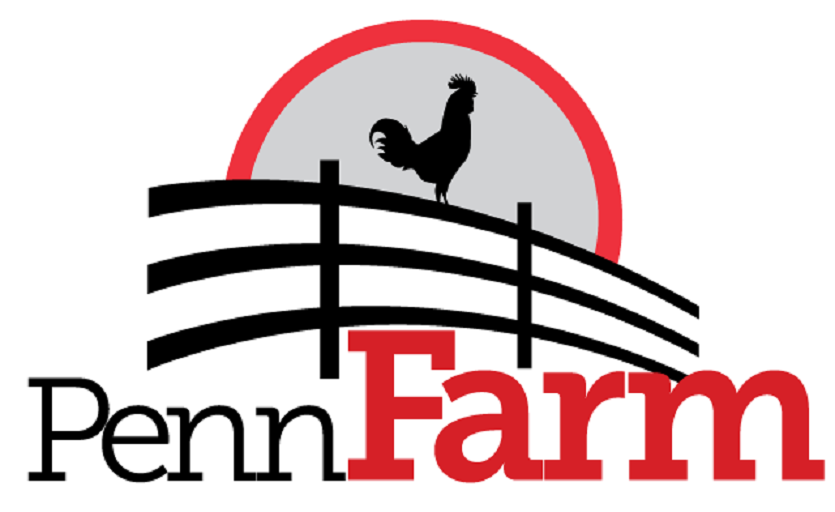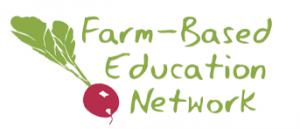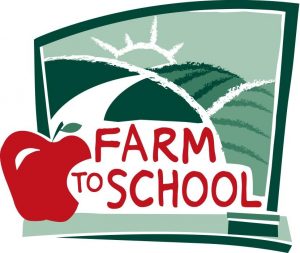Farm to School
Farm-to-table (or farm-to-fork) refers to the stages of the production of food such as harvesting, storage, processing, packaging, sales, and consumption of locally grown produce. Farm-to-table also refers to a movement concerned with producing food locally and delivering that food to local consumers. The movement is promoted by some in the agriculture, food service, and restaurant communities.
But, what does Farm-to-School look like?
The Basics: The students who participate in the Penn Farm class start the vegetables from seed in the greenhouse. Once seeds have germinated, and grown a bit, the students transplant the young vegetable seedlings into the ground for further growth. All produce is watered with drip-line irrigation and maintained throughout the spring, summer, and fall months. Once mature, vegetables are harvested, washed, and distributed.
Students who participate are trained to safely handle food for consumer consumption. Both culinary students and nutritional service staff further process and preserve excess produce for later use within culinary or for student meals within the school district. This collaborative effort helps connect both the departments of Colonial School District as well as the surrounding community. In addition to vegetables, other animal products such as eggs, are also produced and used in school nutritional programs throughout the district.
Want to learn more?



